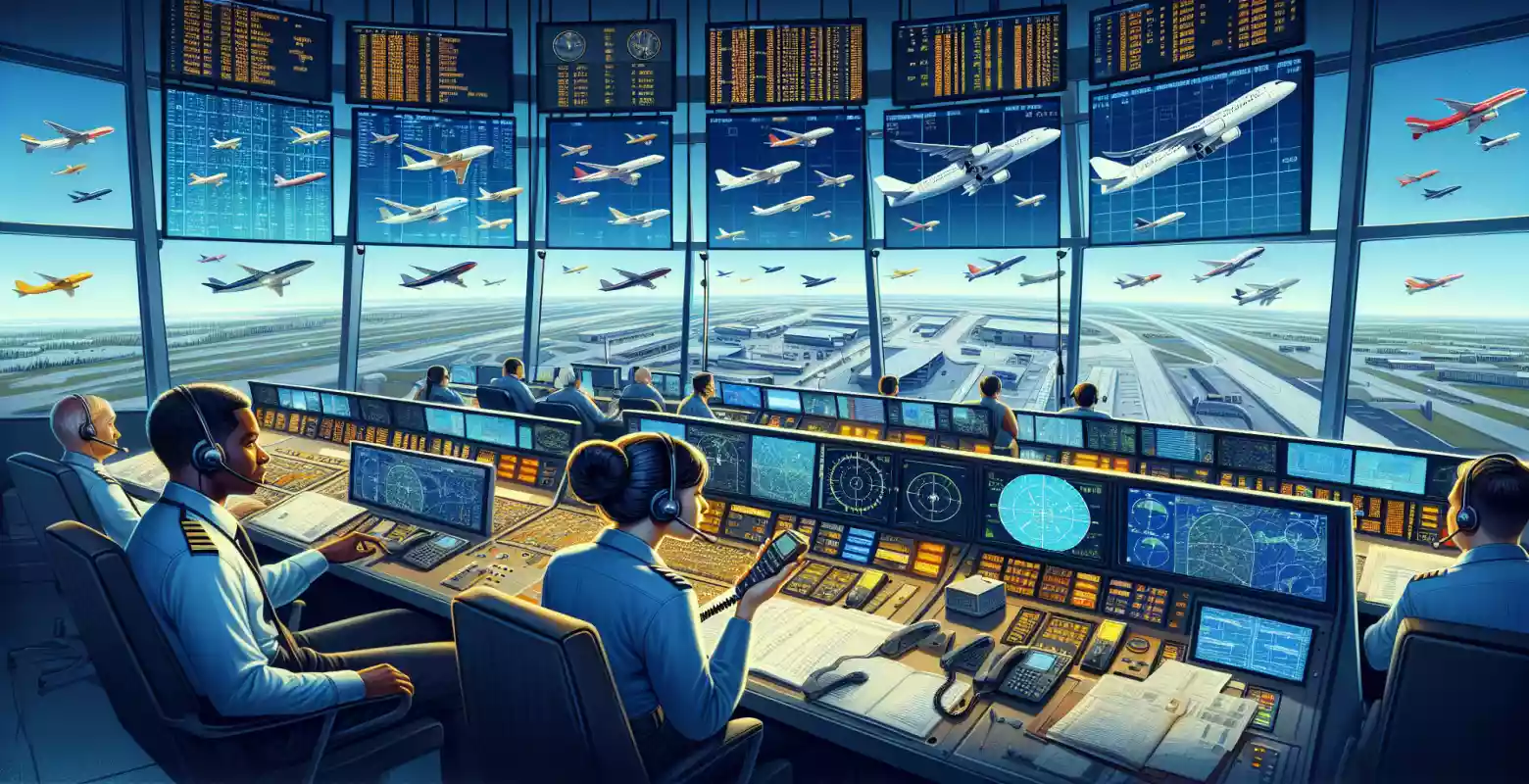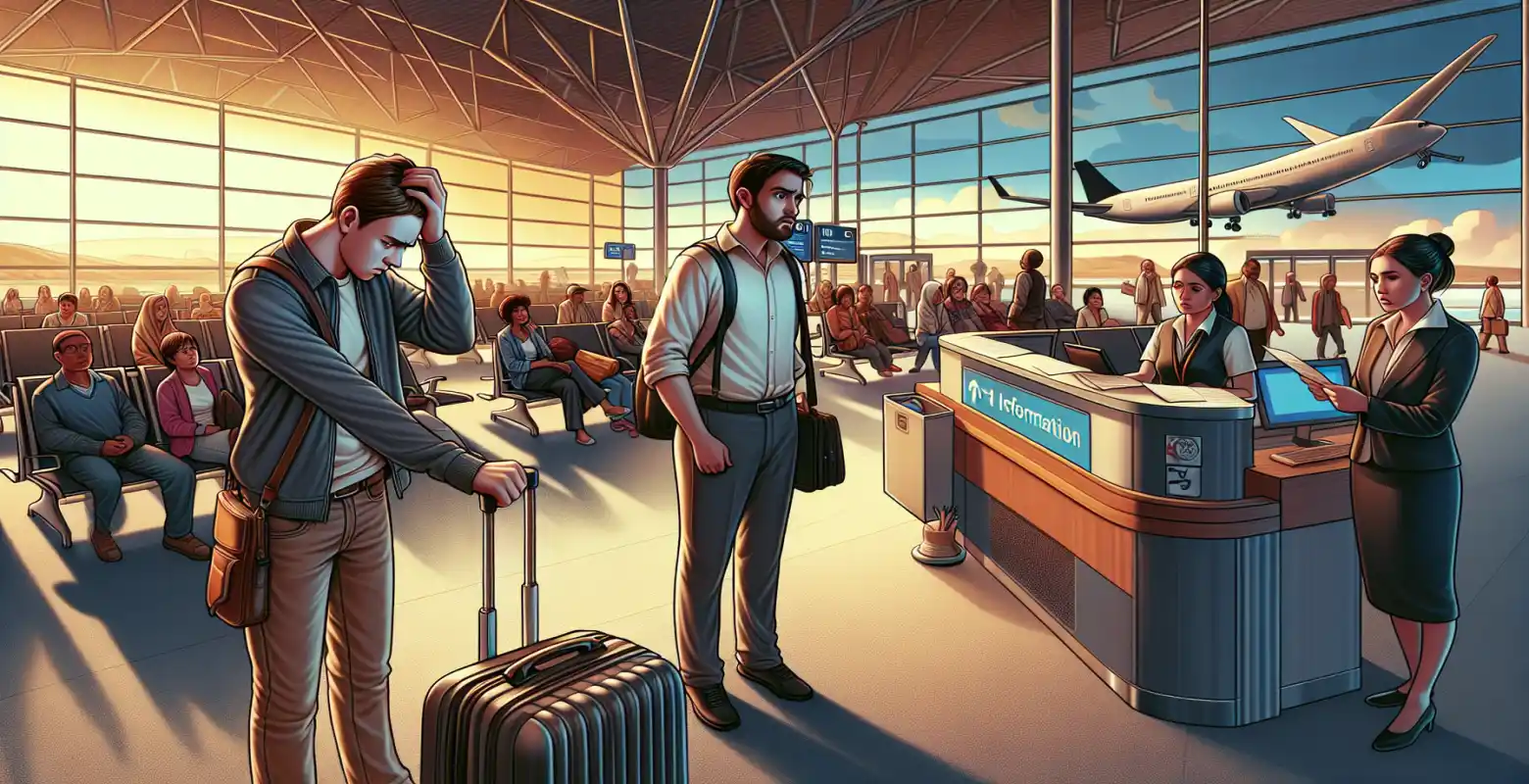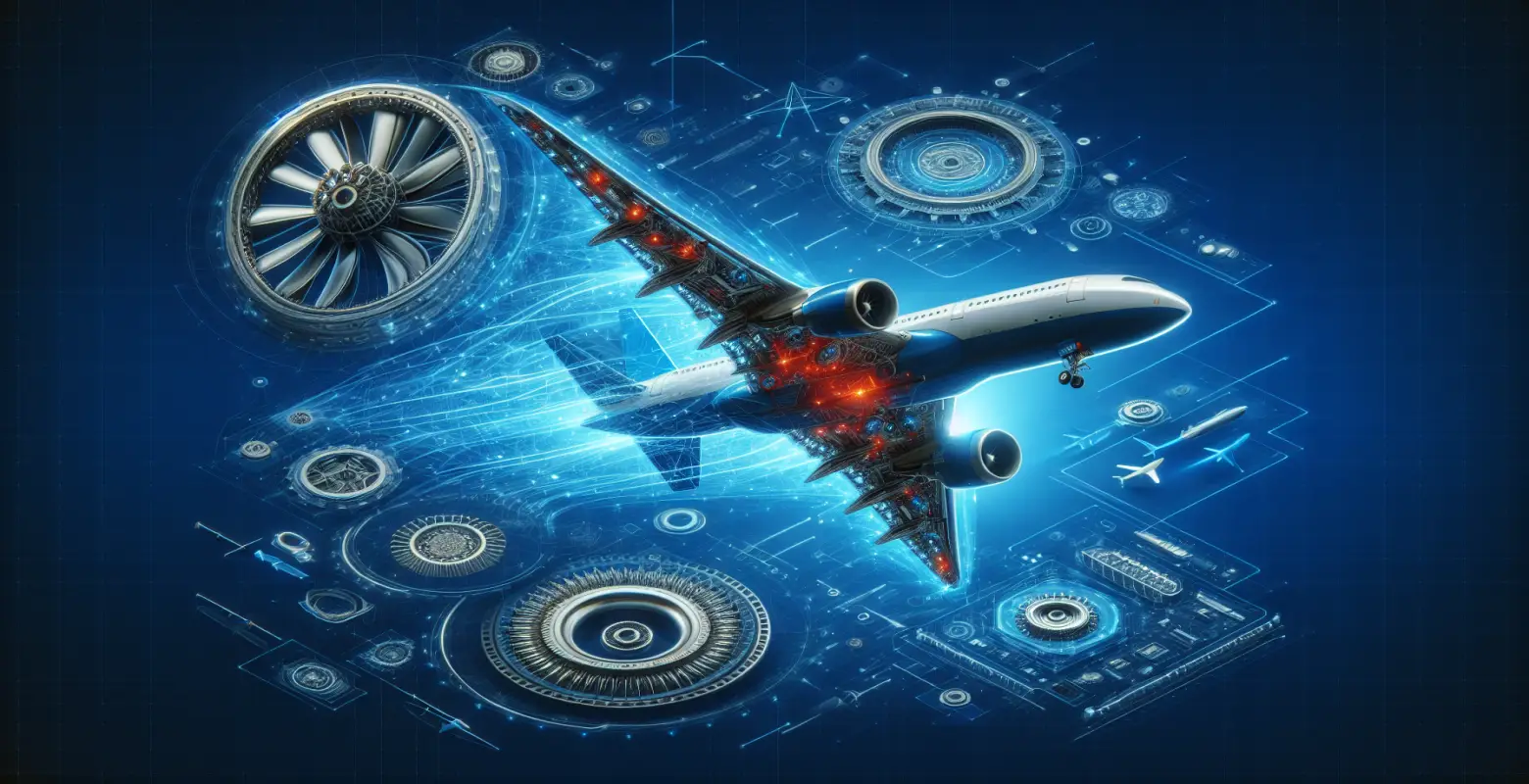What Are the Biggest Challenges of Working as an Air Traffic Controller?
Introduction
Air traffic controllers play a crucial role in ensuring the safety and efficiency of aviation operations worldwide. Their job is to manage the movement of aircraft on the ground and in the air, requiring excellent communication skills, quick decision-making, and the ability to handle high stress. In an era of increasing air traffic and technological innovations, the job of a controller is more demanding than ever. This article explores the biggest challenges faced by air traffic controllers and why their work is so important.
High Stress Levels
One of the most obvious challenges in the job of an air traffic controller is the extremely high level of stress. Controllers must be able to manage hundreds of flights daily, ensuring that each aircraft lands and takes off safely. Every decision has a direct impact on passenger safety, making the pressure enormous. The fast pace of work and the need for immediate decision-making can lead to burnout, so effective stress management strategies are essential.
High Training Requirements
Becoming an air traffic controller requires rigorous training. This process is lengthy and demands the acquisition of many skills, such as the ability to process information quickly, excellent spatial awareness, and the ability to work under pressure. These requirements are essential for ensuring flight safety but can be daunting for potential candidates.
Technological Changes
In recent years, technology has significantly changed how air traffic controllers perform their duties. Systems such as ADS-B (Automatic Dependent Surveillance-Broadcast) and new air traffic management systems require constant updating of knowledge. While these technologies improve efficiency and safety, controllers must stay updated with innovations, which presents an additional challenge.
Increasing Air Traffic
Air traffic worldwide is continuously growing, posing further challenges for controllers. More aircraft in the sky mean a greater need for coordination and precise route planning. In the future, with the anticipated further increase in air travel, controllers will need to find new ways to manage traffic to avoid congestion and ensure safety.
Shift Work and Its Impact on Personal Life
Air traffic controllers work in shifts, meaning they often have to work night hours, weekends, and holidays. Such a work schedule can negatively impact personal life and employee health. Changes in sleep cycles, difficulties maintaining regular family life, and increased risk of health problems are just some of the consequences.
Conclusion
The job of an air traffic controller is full of challenges that require both excellent technical skills and high mental resilience. In an era of dynamic technology development and increasing air traffic, controllers must continuously adapt to new conditions. Despite the difficulties, their role is indispensable for ensuring aviation safety. We encourage further exploration of the topic and understanding how important controllers' work is for our safety.






Number of comments: 0